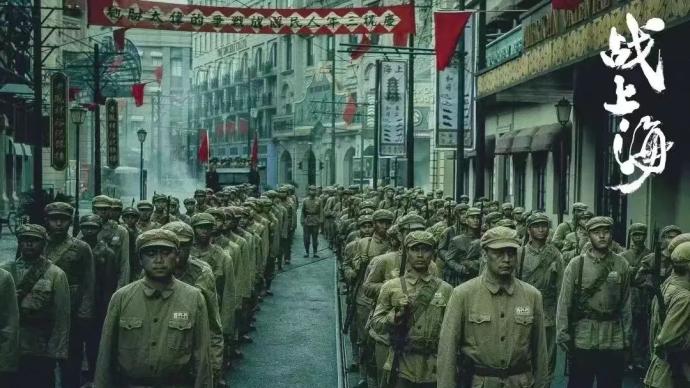
[This article is from the WeChat public account "Douyu Film and Television", and The Paper is authorized to reprint, please contact "Double Talk of Film and Television" for reprinting. 】
"The dawn of Shanghai is coming."
"This test paper in Shanghai has to be solved slowly by Chen Yi, question by question."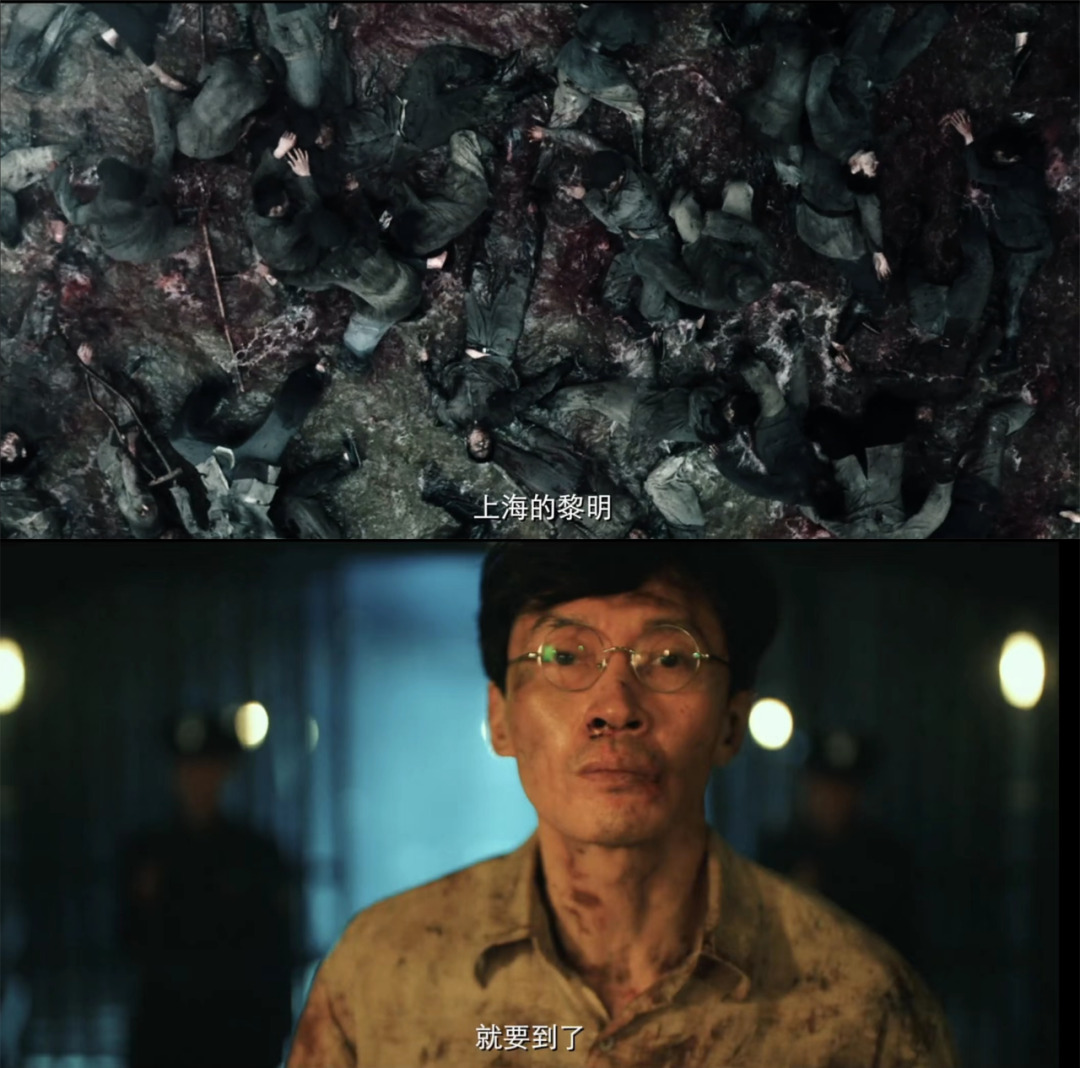
After fighting the country, it is sitting in the country. The appearance of this drama means that in addition to the creation methods of party history and military history, there are other new ways to open up major revolutionary historical themes.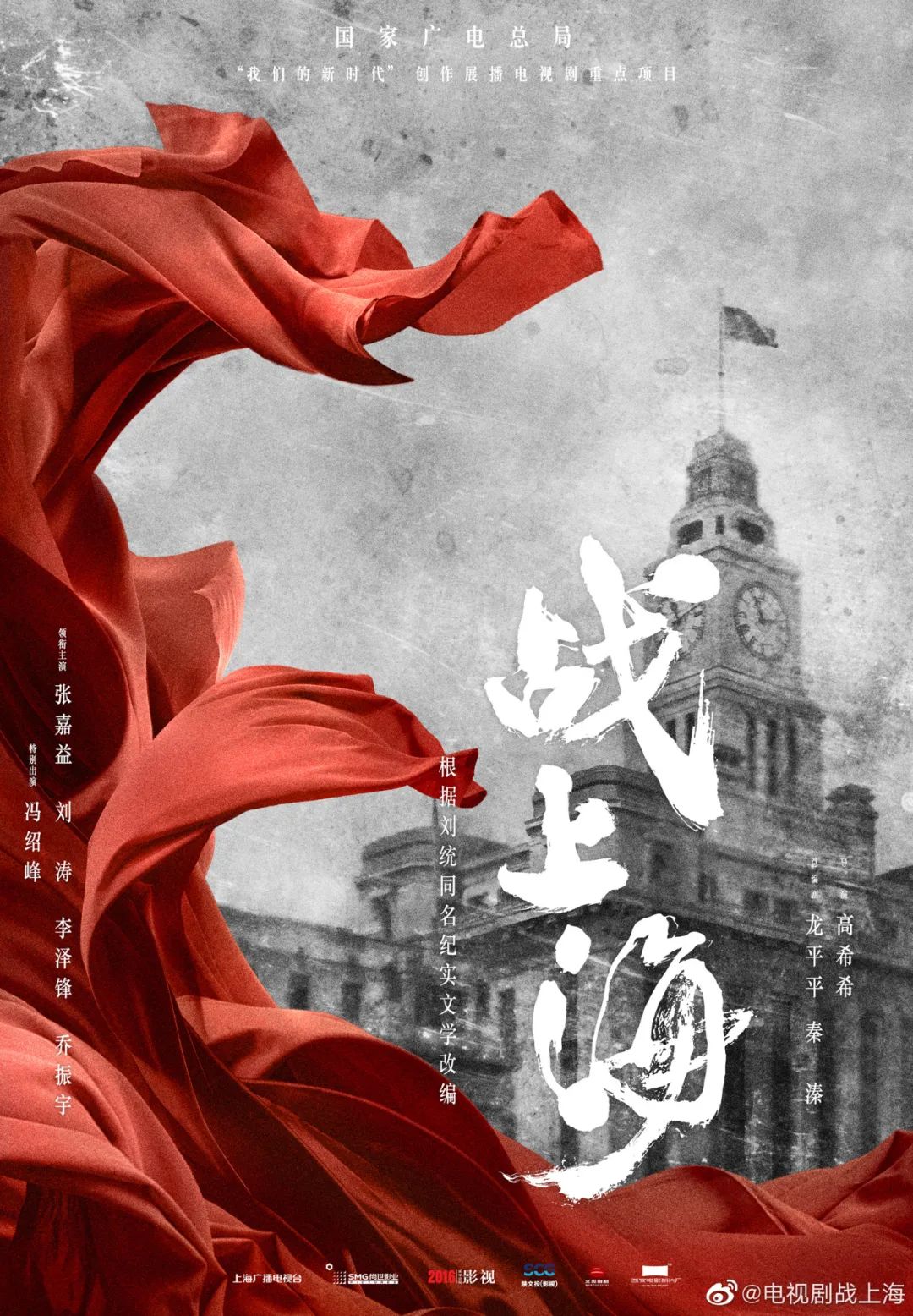
This drama has a novel narrative angle, complex and rich genres, and a short and concentrated time span. Its characteristics are rare in dramas of the same theme, and it has attracted much attention from the industry since the project was established.
After 94 days of intense shooting, "Battle Shanghai" has been completed recently. Director Gao Xixi moved from the Hengdian studio to the Beijing computer room and did not stop for a moment.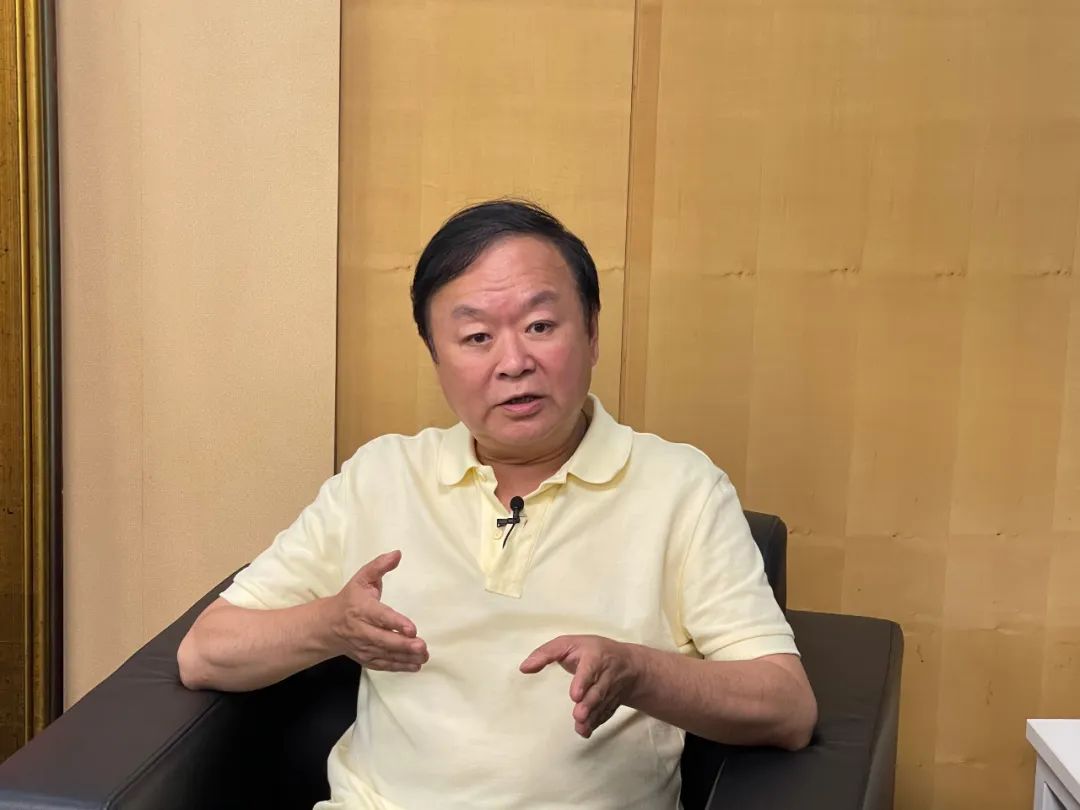
The following is his own statement-
The road is difficult
In August last year, I received the task of filming "Battle Shanghai" from the General Administration. The original plan was to start the show in December last year, and strive to broadcast it in August this year. As soon as I counted the time, I had time, so I took over the project.
But I didn't expect that due to various complicated reasons, the start-up time could not be determined for a long time. The producer always wanted to prepare more fully, and the time will soon arrive in March this year. I was a little anxious.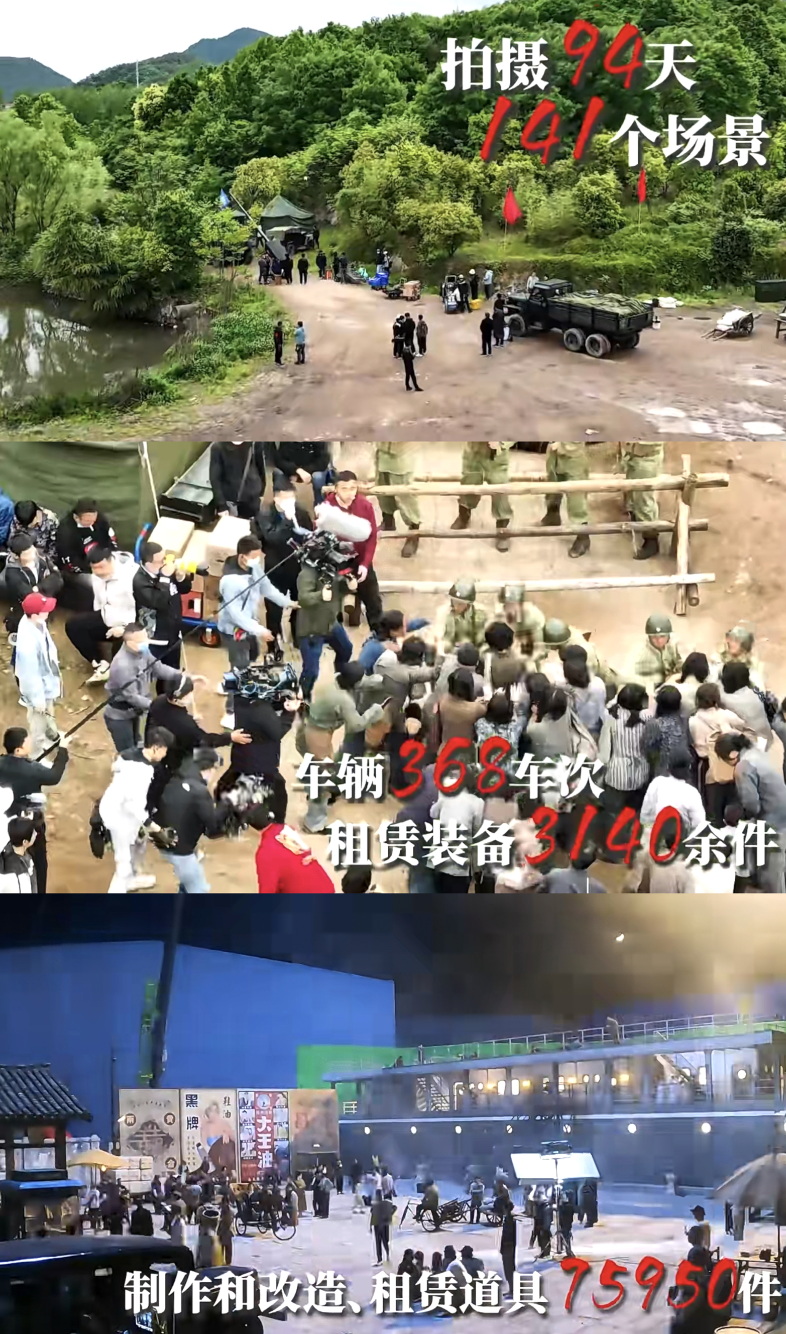
The producer expressed respect for my opinion, so I made a decision, and it must be turned on in March.
Before that, there was a small episode. The producer suggested that I go to Shanghai to shoot, and said that they would give the green light to the whole crew. Filming "Battle Shanghai" in Shanghai, I was still a little excited at the time, but after thinking about it all night, I still rejected the plan.
Once, it was too late. If shooting in Shanghai, the scenes are not concentrated, and the crew needs to make constant transitions, which is time-consuming and labor-intensive, and it is not cost-effective.
Second, there are only so many scenes that can be filmed in Shanghai, and they have already been filmed in many TV dramas, so they are not new to the audience. It just so happened that Hengdian just restored the entire Shanghai city. Although there have been many scenes shot before, as far as the big drama is concerned, "Battle for Shanghai" is the first one.
Third, although there are not as many war scenes in "Battle of Shanghai" as in "Armageddon", there are also quite a few, and "fighting" in Shanghai is definitely not as convenient as in Hengdian.
After thinking about it, I still have to go to Hengdian. The start time was set, and everyone said hello. I thought that it should be able to start now, but I didn't expect that there would be another incident - I was quarantined.
On March 18, I went to Henan to do business. Because there was another project that needed to be contacted with the local government, I planned to stay in Zhengzhou for one night after finishing the work. As a result, I was stunned by the news that I hadn’t slept yet: due to the epidemic For prevention and control reasons, people staying in hotels need to be isolated. This one is eight days.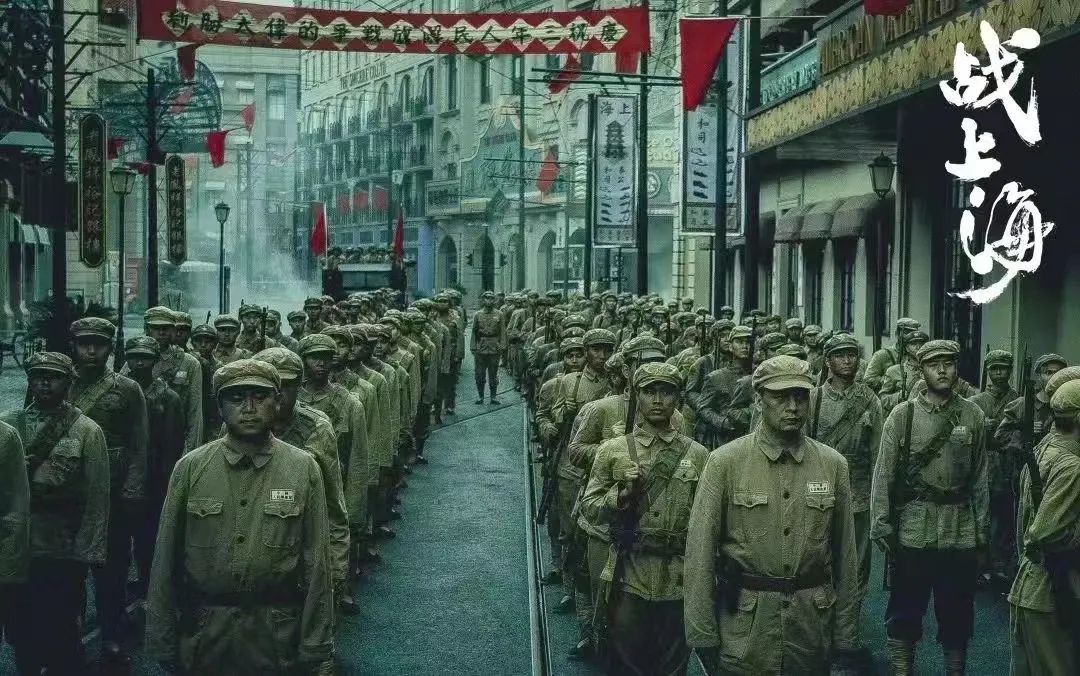
The producers of this drama are Shanghai TV and SMG Shangshi Film. At the beginning of the epidemic in Shanghai, the prevention and control management was very strict, resulting in the inability to handle many procedures and the production fee.
Fortunately, both actors and other departments understand this matter very well, and with the credit endorsement of the producer, we started the work first.
Looking back now, there are a few points worth summarizing that a drama of such a large volume as "Battle Shanghai" could be successfully filmed and even finished ahead of schedule when time was tight.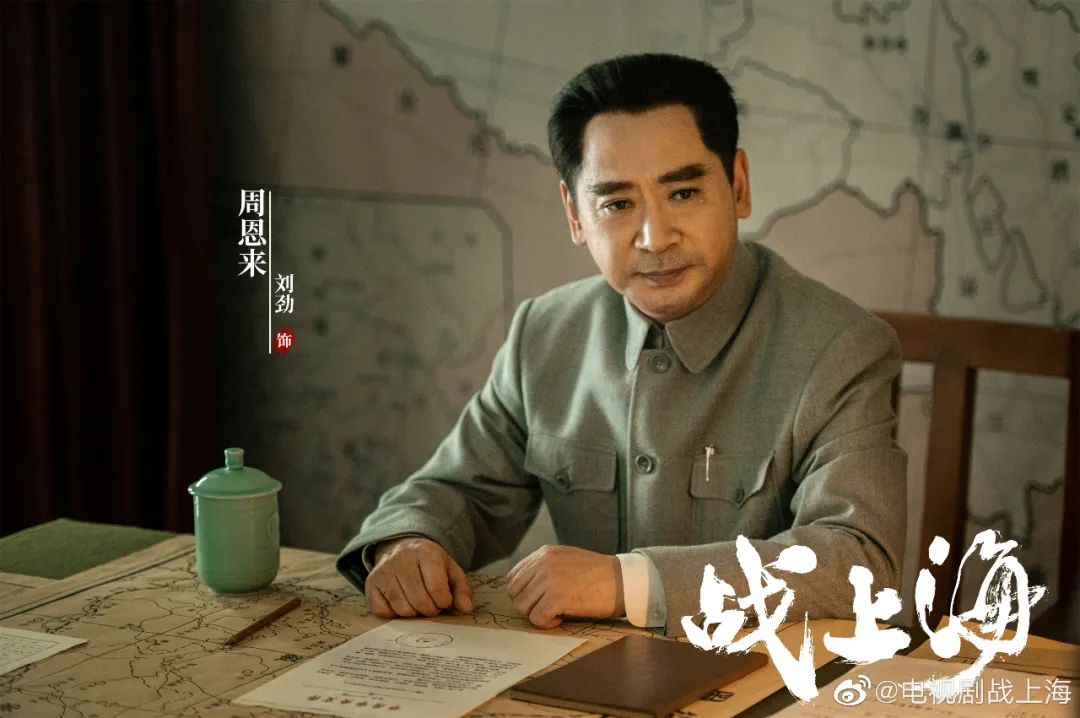
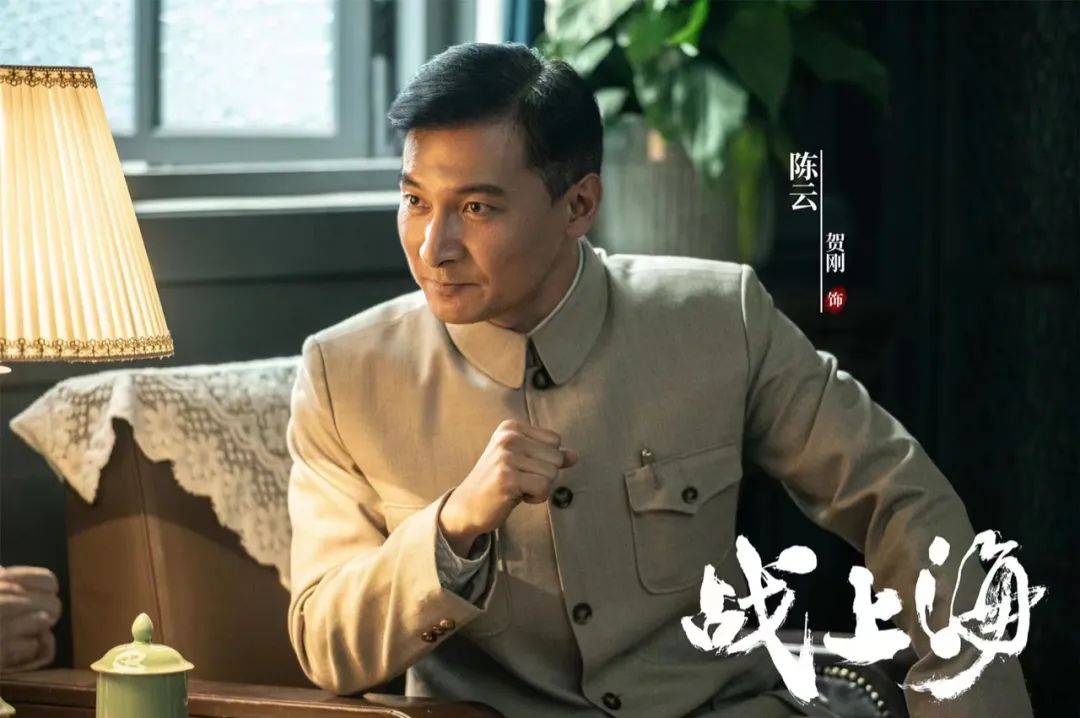
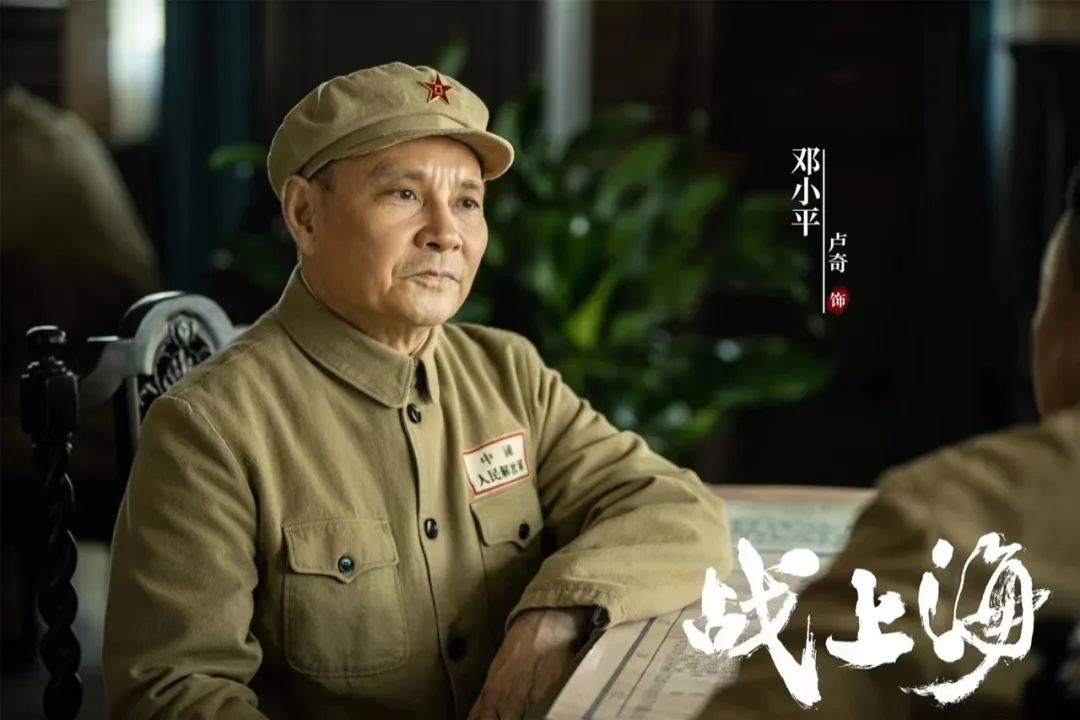
Second, the groups work closely together. One month before the start of the show, I greeted the art team and asked them to move in advance, so that they could make a good scene, make a plan, and be aware of the framing and setting of the whole drama. The same is true for the clothing group, prepare the clothing in advance. They have worked with me for many years, trust me, and have done a lot of work ahead of time without a contract.
Third, shoot and cut. This time, like "Armageddon", the 4K, 50-frame shooting technology is used. The picture quality presented by this technology is relatively good, but the workload in the later stage has also increased exponentially. We anticipated this, so we edited as we filmed, and by the time we finished filming, we had already roughed out the entire show.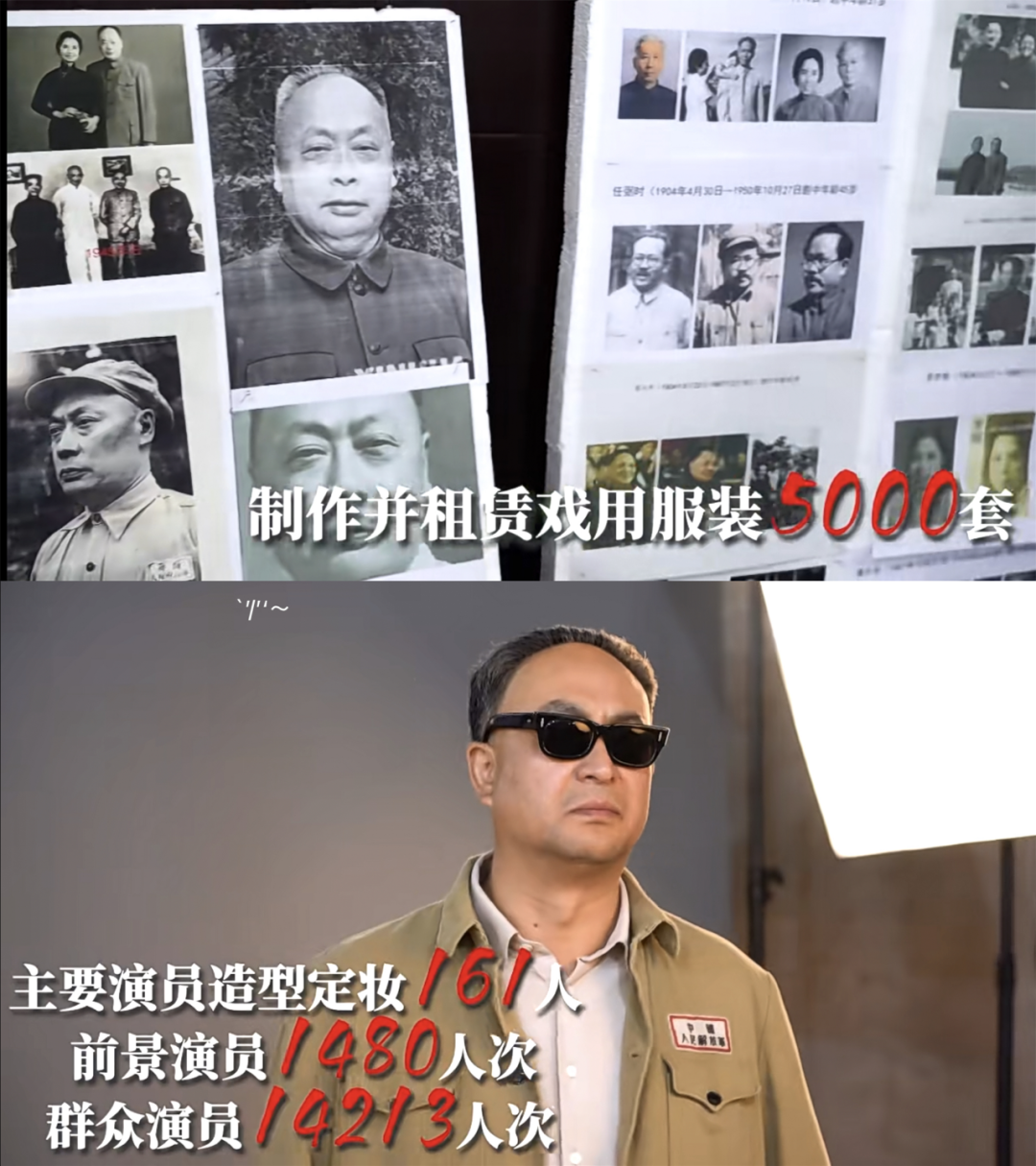
Three-tier structure
The story of "Battle of Shanghai" takes place in a special historical context.
After the three major battles, the Chinese People's Liberation Army was in full swing, and it was only a matter of time before the Chinese Communist Party liberated the whole of China, but there were some discordant voices at that time: the Chinese Communist Party may have the ability to win the war of liberation, but they have no ability to build the country at all. Because they do not have the ability and experience to manage cities, especially big cities. At that time, financial paralysis, economic collapse, people's livelihood will not be guaranteed, and the city will be in chaos.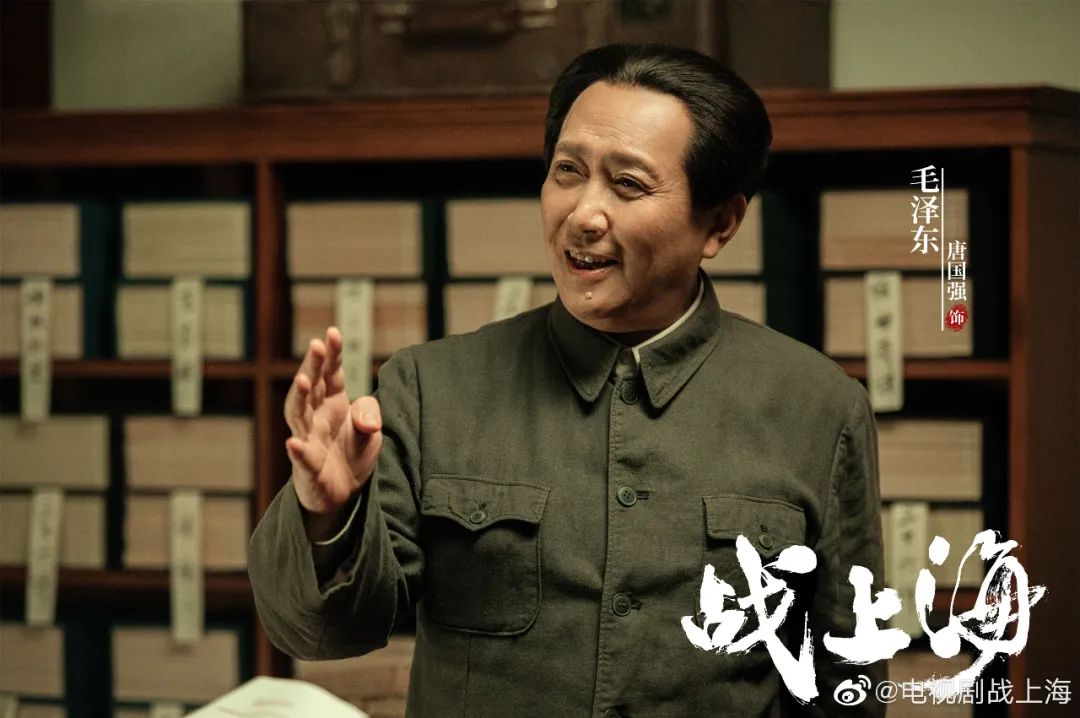
Shanghai was one of the largest cities in the world at that time, and the whole world was watching the answer sheet handed over by the Communist Party of China.
"Battle of Shanghai" has two chief screenwriters, Long Pingping and Qin Qin. As far as the script is concerned, it should be said that Qin Qin has laid a good foundation, while Long Pingping has made a good improvement in the height of expression.
At that time, after reading the first draft of the script, I only made one point: "Battle in Shanghai" should take Chen Yi's experience in Shanghai as the main line, but it could not be written as "Chen Yi Biography". We can neither ignore the decisions of the CPC Central Committee, nor the efforts made by Chen Yi as a city administrator, nor the efforts of the people. Three perspectives are indispensable.
On this basis, we divided the structure of "Battle Shanghai" into three layers: the strategic layer, the tactical layer and the war layer.
The strategic layer reflects the decision-making process of the Party Central Committee; the tactical layer reflects the execution process of comrades such as Chen Yi;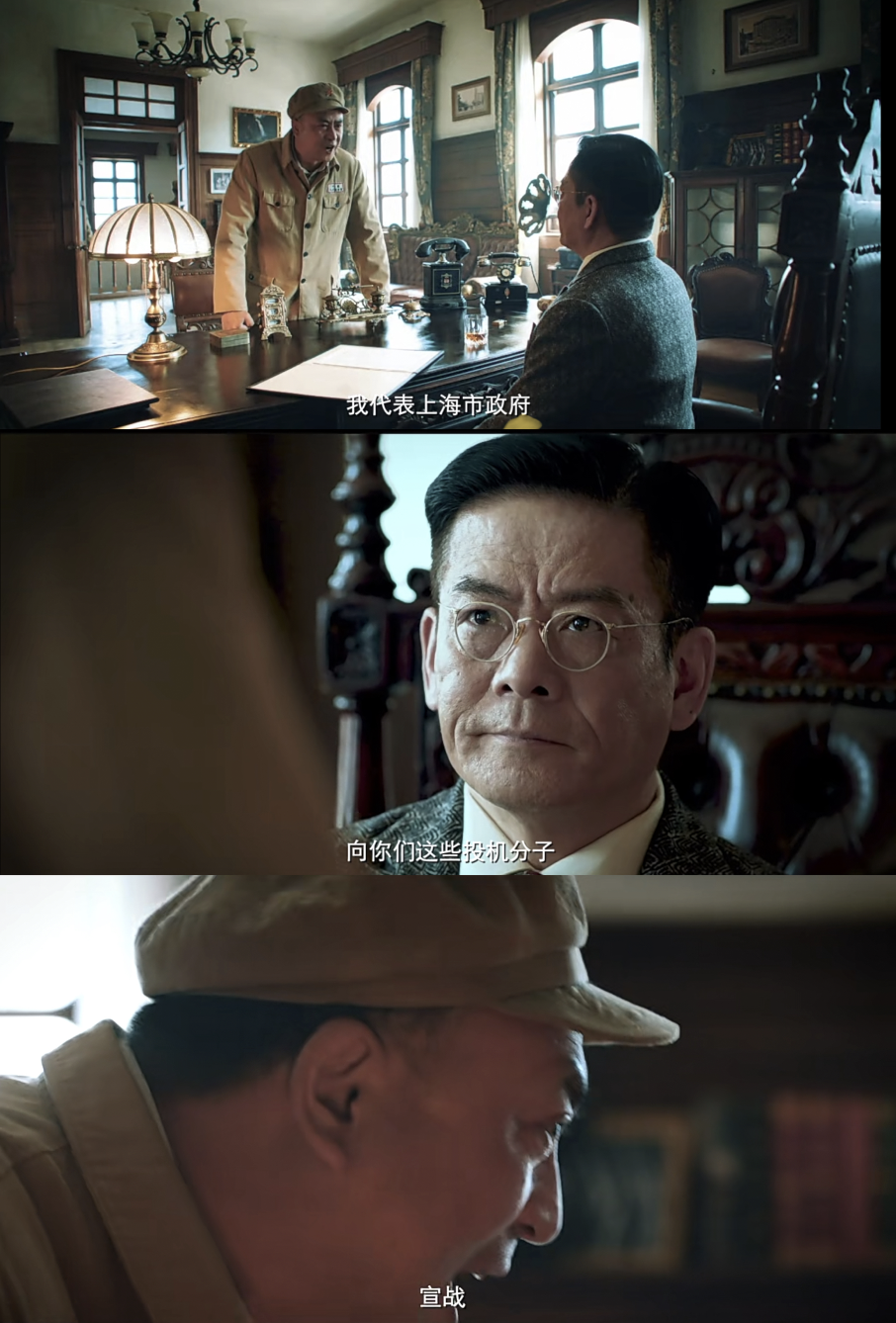
How to solve the problem of the ratio of genre elements, how to make the abstract economic war look good, and let the audience see it and understand it, are new issues I faced when shooting this drama.
First of all, turn the invisible economic warfare into tangible images, and integrate those seemingly boring scenes into the details and relationships of the characters in each scene, so that the audience can follow the fate of the characters all the way, and unknowingly receive to that information.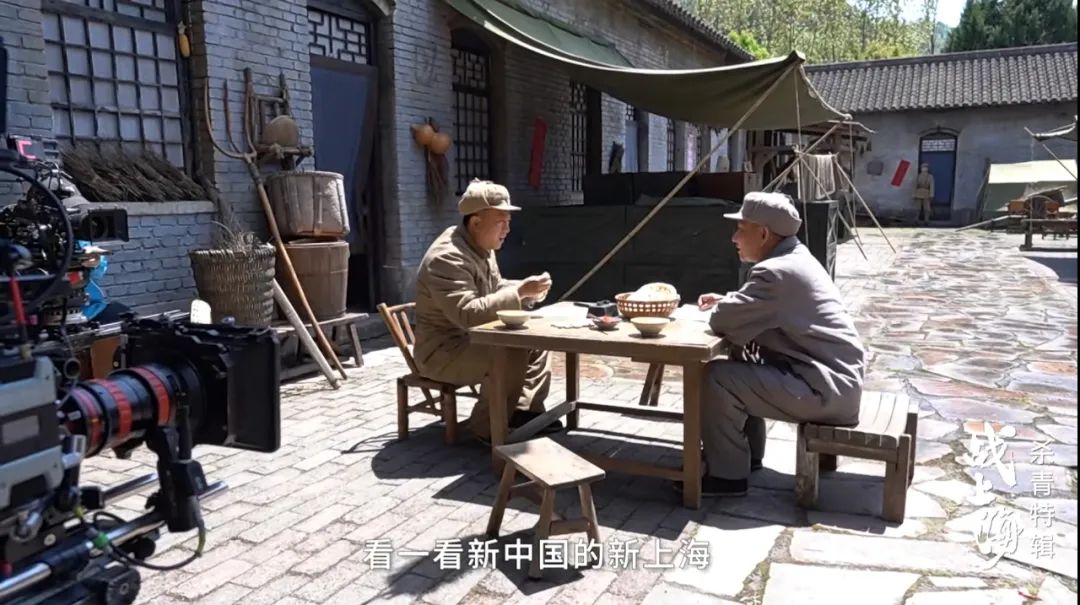
For example, Chen Yi's office. When we set the scene, we were thinking about how to highlight its sense of hierarchy under the premise of simplicity. How to restore the historical situation at that time and have sufficient information.
Let's say we can have a camp bed that follows him all the way through the war years. For example, should he use a tea jar for drinking water, or a more fashionable china cup, and in the end we decided to use a tea jar.
For example, the city government provided him with a car, but he never used the bus for private use. Even if his children never rode, he insisted on taking the children around Shanghai on a tricycle. It can be said that we have to consider the historical background and character of each prop at that time.
Not only these, we also attach importance to the restoration of other folk customs. We have been in touch with a folklore professor since the start of the machine. He provided us with a lot of historical details about Shanghai at that time.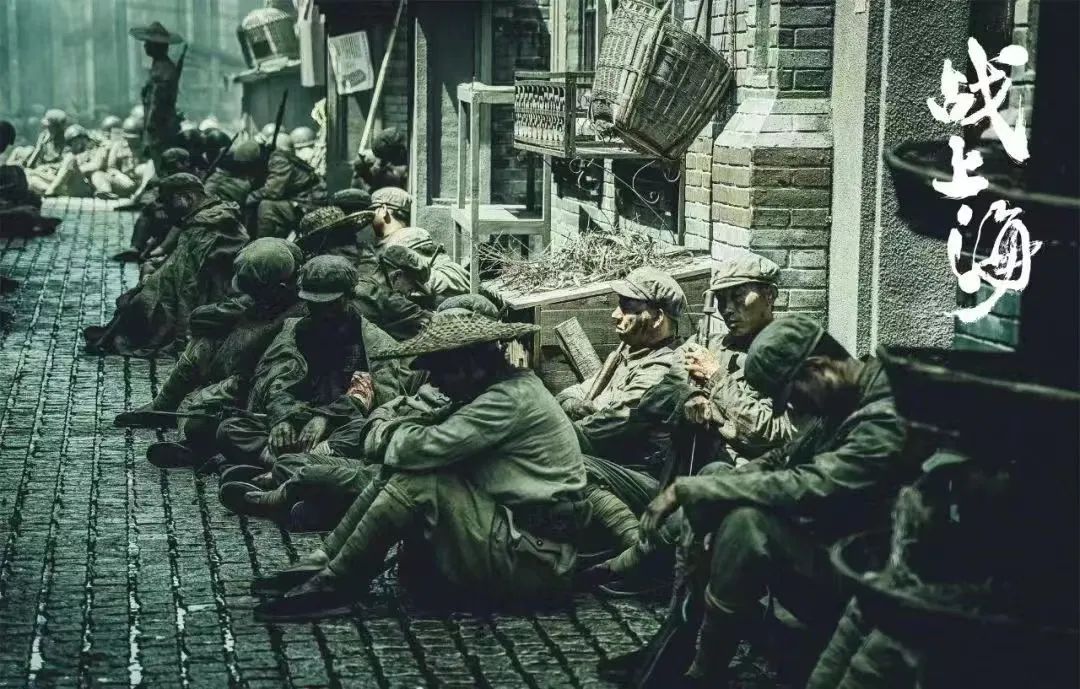
Because if you just shout slogans, even if the sound is louder, the audience will not have the strength to hear it, but we use specific details, specific plots, and specific characters to embody it. I believe that every audience today can experience it most intuitively. to the responsibilities and responsibilities of the older generation.
One thing to add is that although I have shot a lot of TV dramas with big scenes and accumulated a lot of experience in this area, my principle has always been: never shoot big scenes for the sake of atmosphere. What it wants to create is an atmosphere and texture, and the goal is always to match the advancement of the narrative and the shaping of the characters.
Both physical and spiritual
On the whole, we adhere to the creative principle and thinking of "big things are true, small things are not limited", and we must not only respect the real history, but also make some dramatic extensions.
In terms of actor selection, Chen Yi did not use special actors in the traditional sense, but chose Zhang Jiayi. This is the result after consulting the relevant departments.
There are two criteria involved here: first, on the basis of "spiritual resemblance", the actor must first be able to show the temperament and spirit of the prototype character; second, on this basis, achieve both form and spirit. Due to the involvement of specific historical figures, we cannot completely give up the "shape" fit, and we have also made a lot of efforts in modeling.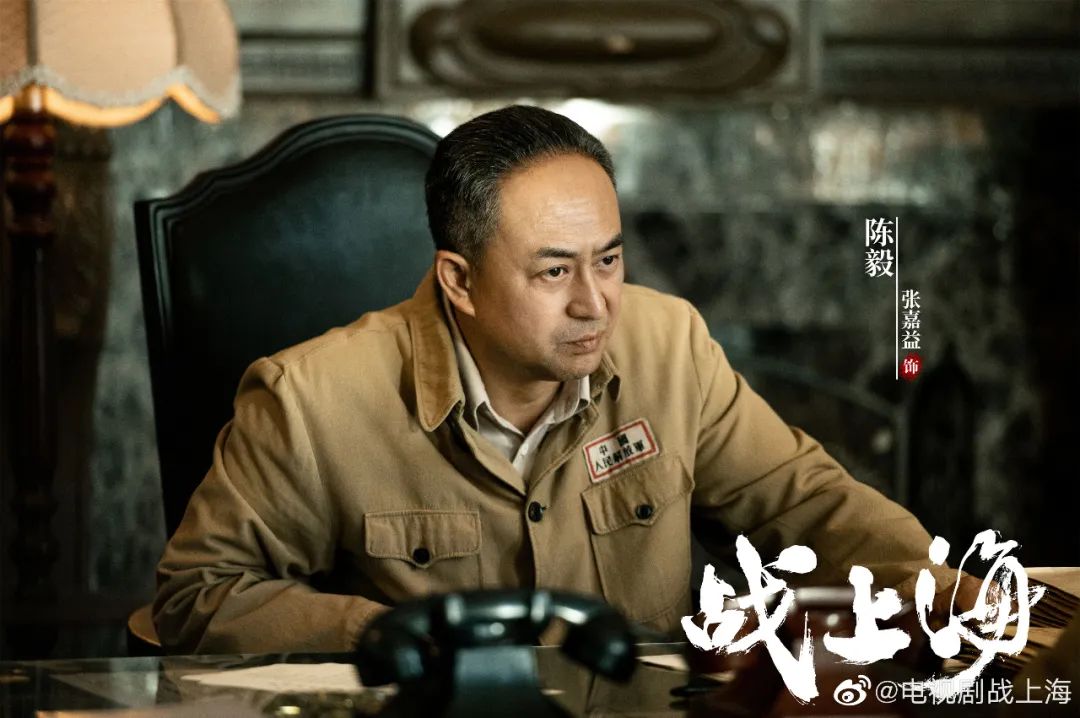
Difficulties follow. Zhang Jiayi is a native of Northwest China, but he speaks Sichuan dialect, which is very difficult in itself. Ordinary actors only need to memorize the words once, but Zhang Jiayi has to memorize them twice, first the Mandarin version, and then the dialect version. We specially found a dialect teacher for him, who taught him word by word.
The most difficult thing is to shoot winter scenes in summer. We have to prepare several sets of the same clothes. Zhang Jiayi often has to change the clothes inside after filming, because the clothes are soaked in sweat and can be easily twisted by hand. Wring out the water.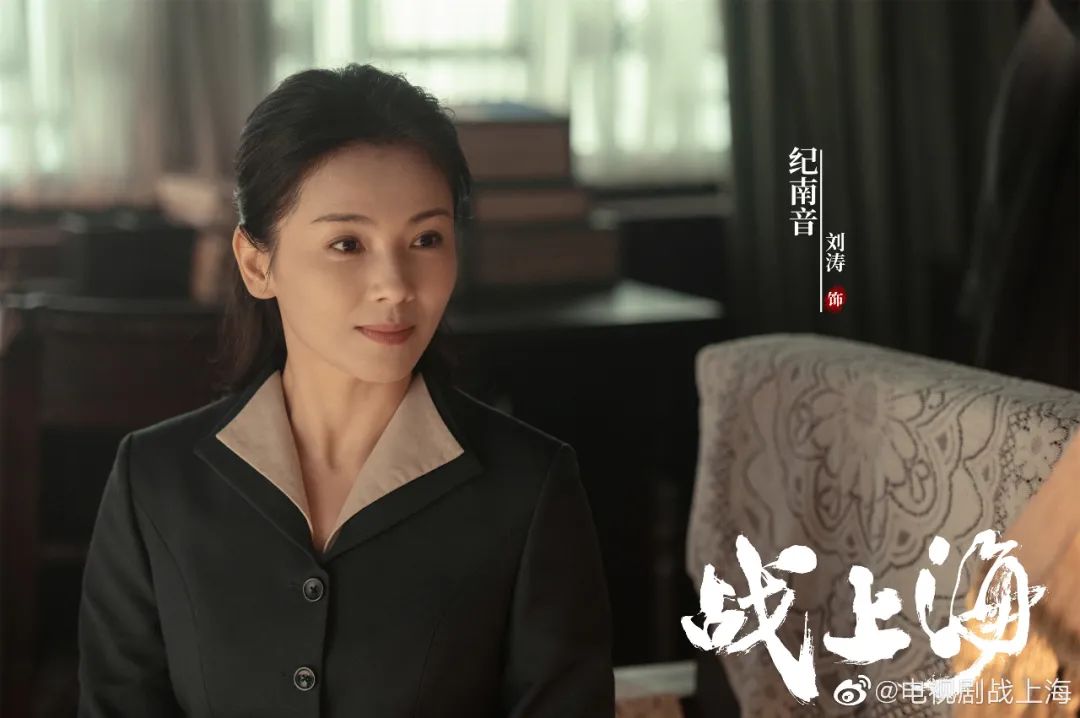
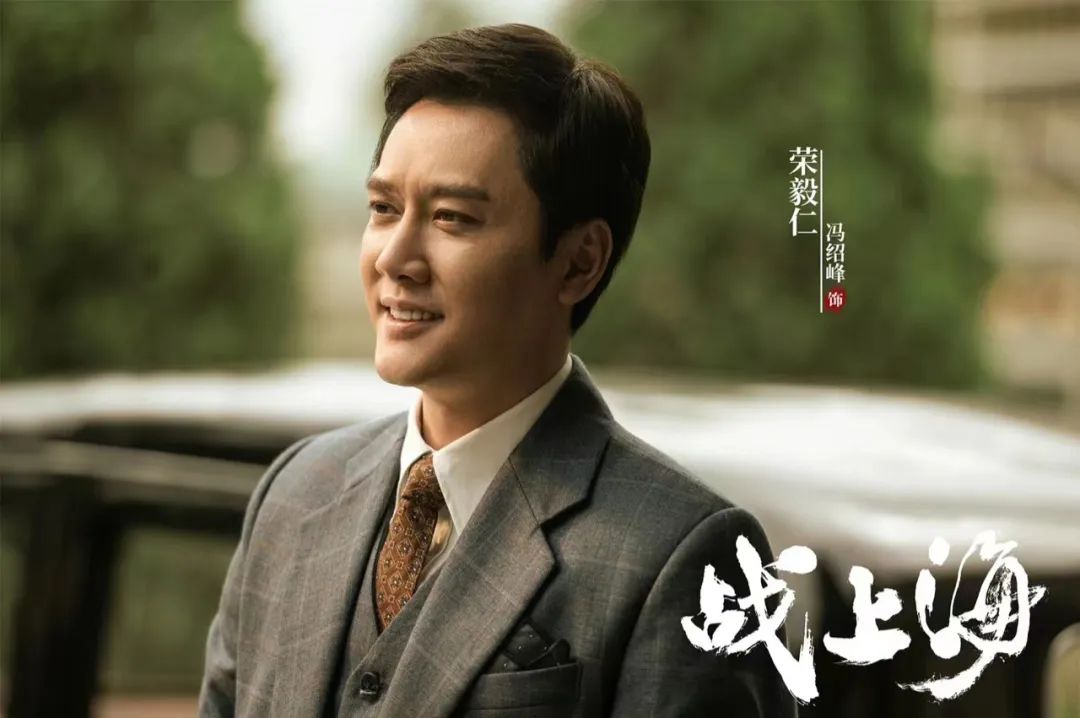
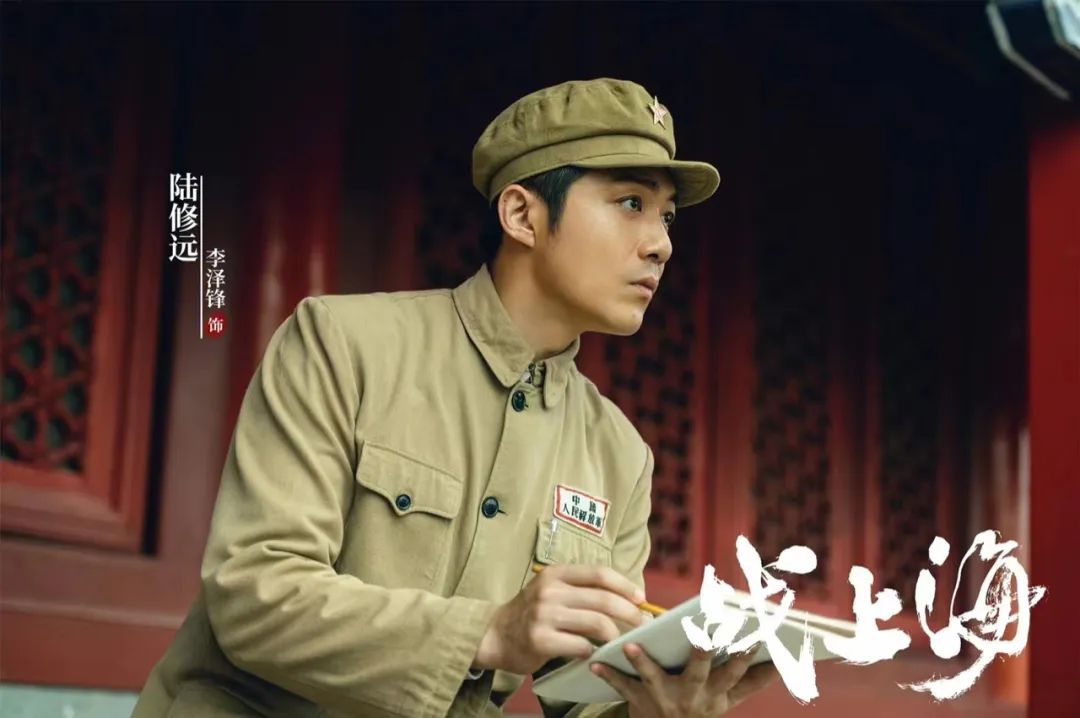
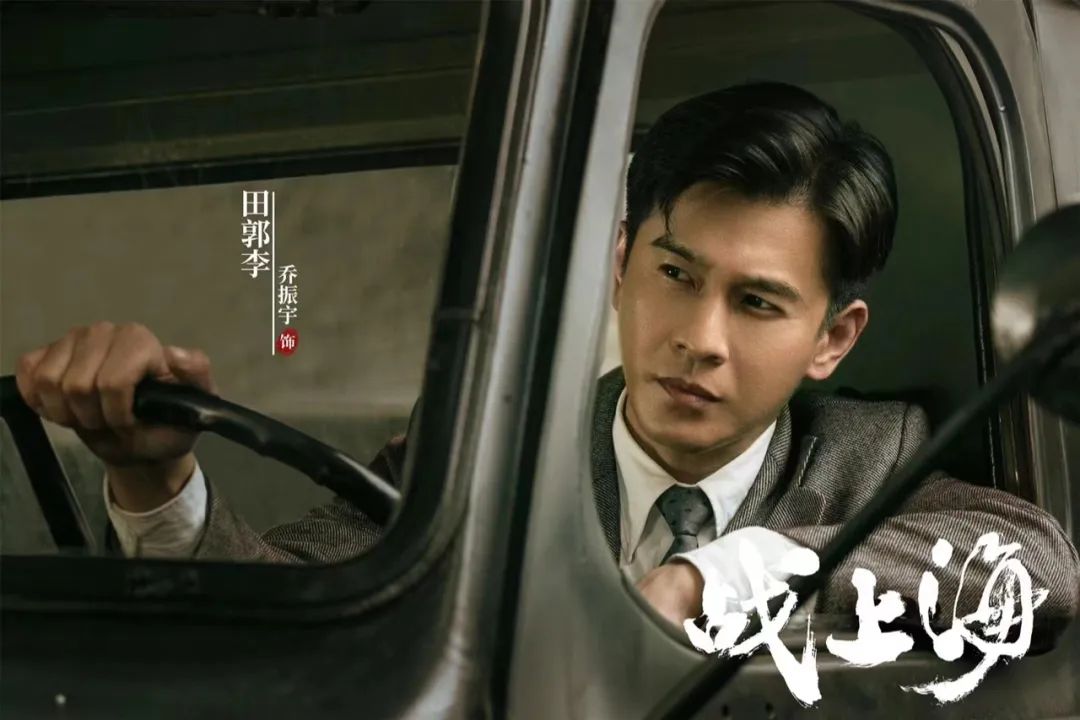
If all goes well, the show could probably air around October. To be honest, I have been filming for so many years, but this time the pressure is still very high.
"Battle of Shanghai" is completely different from "Armageddon". In the shooting of the latter, we stood on the shoulders of our predecessors, and the path was relatively clear, while "Battle of Shanghai" was to cross the river by feeling the stones, and there were almost no precedents for reference. The narrative structure and character development are all an exploration of what we have done. Therefore, it remains to be judged by the audience how the final effect will be presented.
"The dawn of Shanghai is coming."
"This test paper in Shanghai has to be solved slowly by Chen Yi, question by question."

Screenshot of the trailer for "Battle of Shanghai"
These two lines were impressive in the first trailer released for the TV series "Battle of Shanghai". The night has receded, and the dawn has come, but Shanghai is still a blank examination paper, which needs to be answered by the Chinese Communist Party one by one. In the words of Shanghai's first mayor, Chen Yi: "Entering Shanghai is the last hurdle of the Chinese revolution."After fighting the country, it is sitting in the country. The appearance of this drama means that in addition to the creation methods of party history and military history, there are other new ways to open up major revolutionary historical themes.

"Battle of Shanghai" poster
As a key project of the National Radio and Television Administration's "Celebrating the 20th National Congress of the Party - Our New Era", "Battle for Shanghai" is adapted from Liu Tong's documentary literature of the same name. In just one year, the old Shanghai, where the economy was unbalanced, people's livelihood was stagnant, and various forces were intertwined, was turned into a story of peace, stability and development of the new Shanghai.This drama has a novel narrative angle, complex and rich genres, and a short and concentrated time span. Its characteristics are rare in dramas of the same theme, and it has attracted much attention from the industry since the project was established.
After 94 days of intense shooting, "Battle Shanghai" has been completed recently. Director Gao Xixi moved from the Hengdian studio to the Beijing computer room and did not stop for a moment.

Gao Xixi
This drama is expected to meet the audience around October this year, and the production time is relatively tight. When we met Gao Xixi, he was dealing with some internal company affairs. "After talking with you, I have to go back to the computer room to work overtime." This is not the first time he has taken over a project with a tight schedule and heavy tasks, so he He was more calm, and there was no panic in his demeanor.The following is his own statement-
The road is difficult
In August last year, I received the task of filming "Battle Shanghai" from the General Administration. The original plan was to start the show in December last year, and strive to broadcast it in August this year. As soon as I counted the time, I had time, so I took over the project.
But I didn't expect that due to various complicated reasons, the start-up time could not be determined for a long time. The producer always wanted to prepare more fully, and the time will soon arrive in March this year. I was a little anxious.

"Battle Shanghai" set photo
I have been a director for nearly 30 years, and I have the most basic judgment on the workload and time required for a play. Creation is not a matter of blinking an eye. It needs to be shot one by one and cut from one scene to another. As a big drama, it is said to be a 36-episode script, but at least 50 episodes of material have to be filmed, and the broadcast node has requirements, so I have to calculate the time account.The producer expressed respect for my opinion, so I made a decision, and it must be turned on in March.
Before that, there was a small episode. The producer suggested that I go to Shanghai to shoot, and said that they would give the green light to the whole crew. Filming "Battle Shanghai" in Shanghai, I was still a little excited at the time, but after thinking about it all night, I still rejected the plan.
Once, it was too late. If shooting in Shanghai, the scenes are not concentrated, and the crew needs to make constant transitions, which is time-consuming and labor-intensive, and it is not cost-effective.
Second, there are only so many scenes that can be filmed in Shanghai, and they have already been filmed in many TV dramas, so they are not new to the audience. It just so happened that Hengdian just restored the entire Shanghai city. Although there have been many scenes shot before, as far as the big drama is concerned, "Battle for Shanghai" is the first one.
Third, although there are not as many war scenes in "Battle of Shanghai" as in "Armageddon", there are also quite a few, and "fighting" in Shanghai is definitely not as convenient as in Hengdian.
After thinking about it, I still have to go to Hengdian. The start time was set, and everyone said hello. I thought that it should be able to start now, but I didn't expect that there would be another incident - I was quarantined.
On March 18, I went to Henan to do business. Because there was another project that needed to be contacted with the local government, I planned to stay in Zhengzhou for one night after finishing the work. As a result, I was stunned by the news that I hadn’t slept yet: due to the epidemic For prevention and control reasons, people staying in hotels need to be isolated. This one is eight days.

"Battle of Shanghai" stills
During these eight days, I could only arrange work remotely via video, until I was released from quarantine on March 26 and flew directly from Zhengzhou to Hengdian. I don't want to wait any longer at this moment, and I directly announced that it will start on time on the 28th. Unexpectedly, a new problem came again.The producers of this drama are Shanghai TV and SMG Shangshi Film. At the beginning of the epidemic in Shanghai, the prevention and control management was very strict, resulting in the inability to handle many procedures and the production fee.
Fortunately, both actors and other departments understand this matter very well, and with the credit endorsement of the producer, we started the work first.
Looking back now, there are a few points worth summarizing that a drama of such a large volume as "Battle Shanghai" could be successfully filmed and even finished ahead of schedule when time was tight.



"Battle of Shanghai" stills
First of all, I'm used to getting the job done up front. Before the actual shooting, I thought about how to shoot this drama, which ones to shoot first, and which ones to shoot later. After booting up, if there is a new idea, just follow it down, if not, shoot it according to the original plan, so as not to waste time on the idea of pulling.Second, the groups work closely together. One month before the start of the show, I greeted the art team and asked them to move in advance, so that they could make a good scene, make a plan, and be aware of the framing and setting of the whole drama. The same is true for the clothing group, prepare the clothing in advance. They have worked with me for many years, trust me, and have done a lot of work ahead of time without a contract.
Third, shoot and cut. This time, like "Armageddon", the 4K, 50-frame shooting technology is used. The picture quality presented by this technology is relatively good, but the workload in the later stage has also increased exponentially. We anticipated this, so we edited as we filmed, and by the time we finished filming, we had already roughed out the entire show.

"Battle Shanghai" Chen Yi's actor Zhang Jiayi's makeup photo
In any case, I have to thank this team for working together without any complaints, despite the tight schedule, heavy tasks, and tight budget control. "Battle of Shanghai" is indeed a big test, both inside and outside the play.Three-tier structure
The story of "Battle of Shanghai" takes place in a special historical context.
After the three major battles, the Chinese People's Liberation Army was in full swing, and it was only a matter of time before the Chinese Communist Party liberated the whole of China, but there were some discordant voices at that time: the Chinese Communist Party may have the ability to win the war of liberation, but they have no ability to build the country at all. Because they do not have the ability and experience to manage cities, especially big cities. At that time, financial paralysis, economic collapse, people's livelihood will not be guaranteed, and the city will be in chaos.

"Battle of Shanghai" stills
Chairman Mao said at the Second Plenary Session of the Seventh Central Committee that the Communist Party of China would transform from a revolutionary party to a ruling party, and issued a manifesto that "We are not only good at destroying an old world, but we will also be good at building a new world."Shanghai was one of the largest cities in the world at that time, and the whole world was watching the answer sheet handed over by the Communist Party of China.
"Battle of Shanghai" has two chief screenwriters, Long Pingping and Qin Qin. As far as the script is concerned, it should be said that Qin Qin has laid a good foundation, while Long Pingping has made a good improvement in the height of expression.
At that time, after reading the first draft of the script, I only made one point: "Battle in Shanghai" should take Chen Yi's experience in Shanghai as the main line, but it could not be written as "Chen Yi Biography". We can neither ignore the decisions of the CPC Central Committee, nor the efforts made by Chen Yi as a city administrator, nor the efforts of the people. Three perspectives are indispensable.
On this basis, we divided the structure of "Battle Shanghai" into three layers: the strategic layer, the tactical layer and the war layer.
The strategic layer reflects the decision-making process of the Party Central Committee; the tactical layer reflects the execution process of comrades such as Chen Yi;

"Battle of Shanghai" stills
Following this line of thinking, the type elements of the tactical layer and the warfare layer are also relatively rich. For example, in the trailer, Chen Yi has a line, "Which one can think that tens of thousands of spies are hidden among them." This involves anti-spy; The elements declare war.” This is economic war, financial war. In addition, there are anti-blocking and so on.How to solve the problem of the ratio of genre elements, how to make the abstract economic war look good, and let the audience see it and understand it, are new issues I faced when shooting this drama.
First of all, turn the invisible economic warfare into tangible images, and integrate those seemingly boring scenes into the details and relationships of the characters in each scene, so that the audience can follow the fate of the characters all the way, and unknowingly receive to that information.

"Battle of Shanghai" stills
Secondly, I used to say a sentence: details are the expressions of history. Now the audience attaches great importance to the atmosphere of watching the show. Whether the details of "Battle Shanghai" are well done, to some extent, directly determines whether it is vivid or not. We have made a lot of efforts in this regard. 90% of the scenes in the whole play are rebuilt according to the prototype and restored 1:1.For example, Chen Yi's office. When we set the scene, we were thinking about how to highlight its sense of hierarchy under the premise of simplicity. How to restore the historical situation at that time and have sufficient information.
Let's say we can have a camp bed that follows him all the way through the war years. For example, should he use a tea jar for drinking water, or a more fashionable china cup, and in the end we decided to use a tea jar.
For example, the city government provided him with a car, but he never used the bus for private use. Even if his children never rode, he insisted on taking the children around Shanghai on a tricycle. It can be said that we have to consider the historical background and character of each prop at that time.
Not only these, we also attach importance to the restoration of other folk customs. We have been in touch with a folklore professor since the start of the machine. He provided us with a lot of historical details about Shanghai at that time.

"Battle of Shanghai" stills
During the filming process, one of the episodes that impressed me deeply was the PLA sleeping on the streets after entering the city. When the scene was filmed, the sky was not beautiful, and it was rainy and rainy. Although the conditions were difficult, I insisted on restoring the historical scene of that year. As a result, thousands of extras all lay in the rain. The victorious division, do not disturb the people, that scene was very shocking. This is just one of the big scenes in "Battle of Shanghai", it was hard to shoot, but it was worth it.Because if you just shout slogans, even if the sound is louder, the audience will not have the strength to hear it, but we use specific details, specific plots, and specific characters to embody it. I believe that every audience today can experience it most intuitively. to the responsibilities and responsibilities of the older generation.
One thing to add is that although I have shot a lot of TV dramas with big scenes and accumulated a lot of experience in this area, my principle has always been: never shoot big scenes for the sake of atmosphere. What it wants to create is an atmosphere and texture, and the goal is always to match the advancement of the narrative and the shaping of the characters.
Both physical and spiritual
On the whole, we adhere to the creative principle and thinking of "big things are true, small things are not limited", and we must not only respect the real history, but also make some dramatic extensions.
In terms of actor selection, Chen Yi did not use special actors in the traditional sense, but chose Zhang Jiayi. This is the result after consulting the relevant departments.
There are two criteria involved here: first, on the basis of "spiritual resemblance", the actor must first be able to show the temperament and spirit of the prototype character; second, on this basis, achieve both form and spirit. Due to the involvement of specific historical figures, we cannot completely give up the "shape" fit, and we have also made a lot of efforts in modeling.

"Battle of Shanghai" stills
Zhang Jiayi specifically asked, can we use dialects? Because when he looked up the information, he found that Chen Yi's Sichuan dialect is very distinctive, and the audience has a certain impression and understanding of it.Difficulties follow. Zhang Jiayi is a native of Northwest China, but he speaks Sichuan dialect, which is very difficult in itself. Ordinary actors only need to memorize the words once, but Zhang Jiayi has to memorize them twice, first the Mandarin version, and then the dialect version. We specially found a dialect teacher for him, who taught him word by word.
The most difficult thing is to shoot winter scenes in summer. We have to prepare several sets of the same clothes. Zhang Jiayi often has to change the clothes inside after filming, because the clothes are soaked in sweat and can be easily twisted by hand. Wring out the water.




"Battle of Shanghai" stills
Ji Nanyin played by Liu Tao is an economist. This is a fictional character that condenses many characters and deeds. She well reflects the female power of that period in the play. There are also Lu Xiuyuan played by Li Zefeng, Tian Guoli played by Qiao Zhenyu and Rong Yiren played by Feng Shaofeng, all of which have their own characteristics.If all goes well, the show could probably air around October. To be honest, I have been filming for so many years, but this time the pressure is still very high.
"Battle of Shanghai" is completely different from "Armageddon". In the shooting of the latter, we stood on the shoulders of our predecessors, and the path was relatively clear, while "Battle of Shanghai" was to cross the river by feeling the stones, and there were almost no precedents for reference. The narrative structure and character development are all an exploration of what we have done. Therefore, it remains to be judged by the audience how the final effect will be presented.
Related Posts